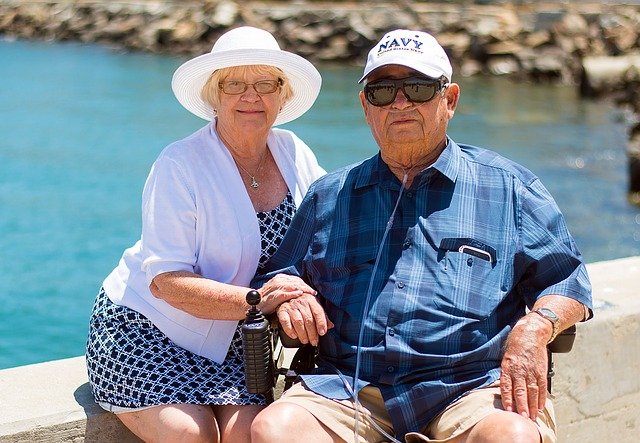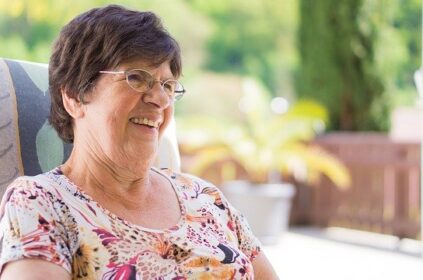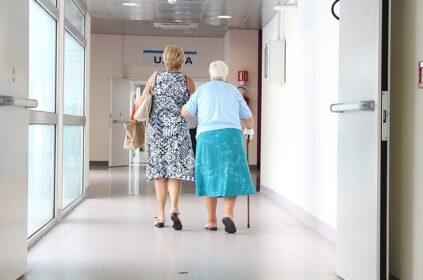There are basically two scenarios for a person entering assisted living for elderly. One is when they move to the facility from their own home. The other is when they are being discharged from a nursing home as their condition improves however, are not well enough to go home so they enter assisted living facility for the elderly instead. No matter the direction, there are a range of emotions from relief, to happiness, to sadness and everything else that can accompany such move.
What Care Can I Expect from Assisted Living for Elderly?
Assisted living facilities offer rooms, private or semi-private, for the person that needs help with daily functions such as cooking meals properly, administering medications, cleaning and personal hygiene. For various reasons, these tasks become too much for the elderly person and they can no longer carry them out safely in their own home.
An assisted living home provides around the clock staff that can help with bathing, dressing, basic medical needs, incontinence care in some cases, and medications when permitted. Many offer laundry and social programs as well while the residents maintain some level of independence in a safer environment than what can be provided in their own home.
From Home to Assisted Living for Elderly
The transition from independent living in their home, or with some assistance from in-home care, to moving into assisted living for elderly can be the most difficult. Often this is the first tangible sign that someone you love is aging. Mom or Dad, the very people that cared for you for so long, now need some help. Their mortality becomes real. It can be scary for the care receiver as well as those who love them.
The best thing to focus on is their safety.
If living at home is no longer safe then another option must be found. There will be a range of emotions and you should handle them head on with information and compassion.
The resistance may come from the elderly person, or from family. Your best defense is the facts. You want to offer them the best quality of life and if you point out your concern over them eating rotten food because their sense of smell is reduced, or your concern they will fall as they climb the stairs, or your concern they are not properly taking their medication, then they may come to see that assisted living for elderly is a better option.
From Nursing Home to Assisted Living for Elderly
This transition may be a happier occasion. When an elderly person who has spent time in a nursing home which requires extensive medical care, has become well enough to be discharged, everyone is relieved. It signals improvement…maybe even wellness.
Even with the improved situation; however, they may not be ready to go home and live independently. Assisted living for elderly may provide the level of supervision and care required as they continue to recover.
In either direction, work with the doctors, the care-receiver, and the family to make entering assisted living for elderly as smooth as possible.






